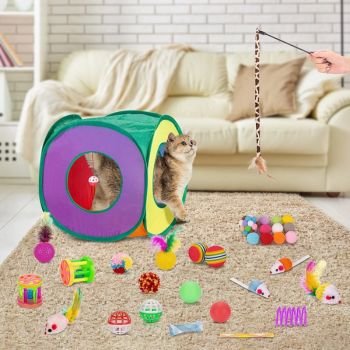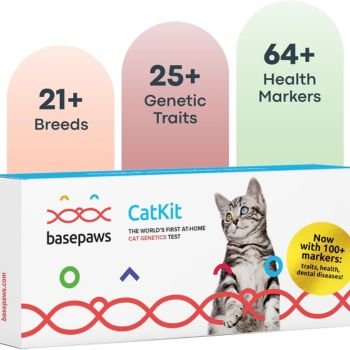In the world of feline companionship, one breed stands out like a living, breathing work of art – the Ragdoll cat. These enchanting creatures are more than just pets; they are gentle, affectionate companions that steal your heart from the moment you meet them. Join us on a journey through the captivating world of Ragdoll cats, exploring their origin, unique characteristics, and the myriad reasons why they make for the perfect feline friend.
Origin and History: Unraveling the Tale
The story of the Ragdoll cat begins in the 1960s, in Riverside, California, where a white cat named Josephine gave birth to a litter of strikingly beautiful kittens. These kittens, with their striking blue eyes and semi-longhair coats, caught the attention of a breeder named Ann Baker. Baker, captivated by their docile nature and unique appearance, embarked on a mission to develop and standardize the breed that would become known as the Ragdoll.
Characteristics: Beauty Beyond Compare
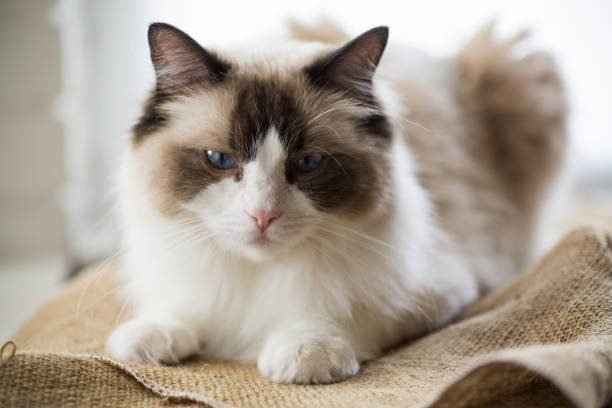
Shape and Size: Elegance Personified
Ragdolls are known for their large, sturdy bodies, adorned with semi-longhair coats that feel like silk to the touch. Their striking blue eyes, coupled with a sweet expression, add an element of grace to their overall appearance.
Color: A Palette of Possibilities
Ragdolls come in a variety of colors, including seal, blue, chocolate, lilac, and more. Their distinctive color patterns, often in a pointed style with darker color on the ears, face, paws, and tail, contribute to their visual allure.
Character: Gentle Giants
True to their name, Ragdolls are famous for their tendency to go limp when picked up, earning them the nickname “puppy-cats.” Their gentle and laid-back demeanor makes them ideal companions for families and individuals alike.
Behavior: A Symphony of Affection
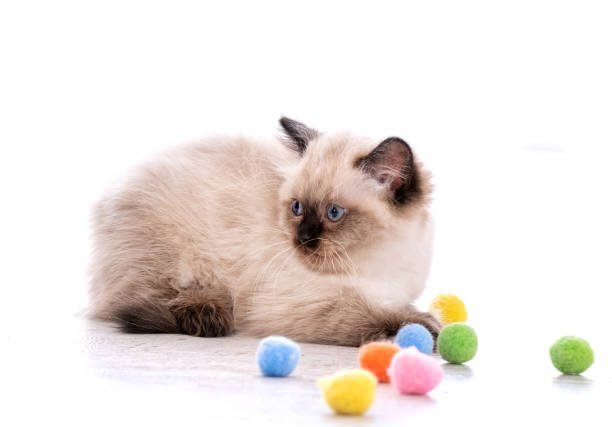
Temperament: Affection in Abundance
Ragdolls are not just cats; they are affectionate souls that thrive on human interaction. They love being in the company of their owners, often following them from room to room, ready to offer a comforting presence.
Playful Nature: Whimsical Frolics
While they may have a relaxed temperament, Ragdolls are not without their playful side. They enjoy interactive play and may even learn to fetch, making them delightful playmates for both adults and children.
Nutrition: Nourishing the Gentle Soul
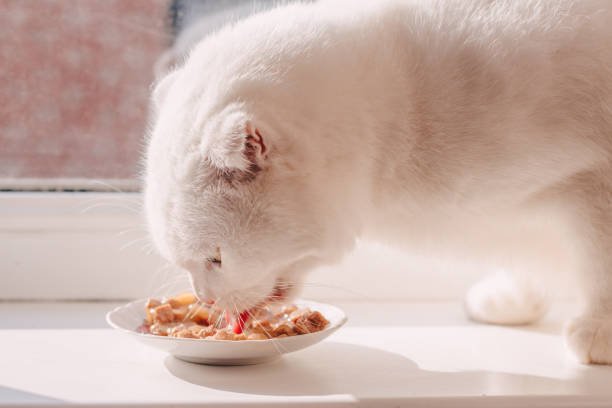
Tailoring Diet to Ragdoll Cats
To maintain the health and vitality of Ragdoll cats, it’s crucial to provide them with a balanced diet. High-quality cat food, rich in nutrients, supports their well-being and ensures a glossy coat and bright eyes.
Dietary Preferences and Tips
Ragdolls may have specific dietary preferences, so experimenting with different flavors and textures is recommended. Regular veterinary check-ups can help tailor their diet to their individual needs.
Health Care: Ensuring a Long and Happy Life
Common Health Issues
While generally robust, Ragdoll cats may be prone to certain health issues, including dental problems and obesity. Regular veterinary check-ups and a healthy diet contribute to their overall well-being.
Preventive Measures
Proactive health care, including vaccinations and dental hygiene, is essential for Ragdoll cats. Early detection of potential health issues ensures a long and happy life for these gentle feline companions.
Grooming: Pampering the Royal Coat
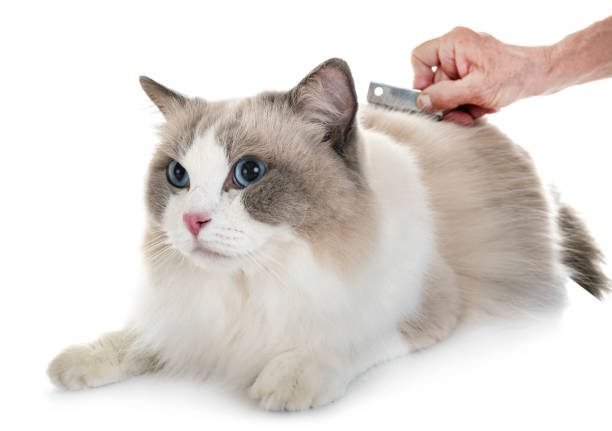
Ragdolls and Grooming
Contrary to the belief that long-haired cats are high-maintenance, Ragdolls require moderate grooming. Regular brushing helps prevent matting and reduces shedding, maintaining their luxurious coat.
Tips for a Well-Groomed Ragdoll
Brush your Ragdoll cat at least twice a week, paying attention to the soft, silky fur around their neck and tail. Grooming sessions also provide an excellent opportunity for bonding with your feline friend.
Training: Cultivating a Harmonious Bond
Training Ragdoll Cats
Ragdolls are intelligent cats and can be trained with positive reinforcement techniques. Teaching them tricks or using puzzle toys not only stimulates their minds but also strengthens the bond between cat and owner.
Common Misconceptions Dispelled
Myth: Ragdolls Don’t Have a Care in the World
Dispelling the misconception that Ragdolls are aloof or indifferent, these cats form deep connections with their owners, offering comfort and companionship.
>>> Siamese Cat Breed: The Enchanting Felines You Need in Your Life
Why Choose a Ragdoll Cat as Your Companion?
Emotional Connection: A Heartfelt Bond
Choosing a Ragdoll cat is choosing a companion that understands the language of the heart. Their gentle nature and unwavering affection create a profound emotional connection.
A Stress-Free Zone: Your Feline Sanctuary
Ragdolls are known for their ability to sense their owner’s stress. Their calming presence and soothing purrs make them the perfect antidote to the challenges of daily life.
In Conclusion: The Ragdoll Magic Lives On
In conclusion, Ragdoll cats are not just pets; they are enchanting beings that bring joy, comfort, and a touch of magic into our lives. Their unique combination of beauty, affection, and intelligence makes them the ideal feline companions.
FAQs About Ragdoll Cats
Are Ragdoll Cats good with children?
Yes, Ragdoll cats are known for their gentle and patient nature, making them excellent companions for children.
How much exercise do Ragdoll cats need?
While they enjoy playtime, Ragdoll cats are not overly active. Regular interactive play sessions are usually sufficient to keep them happy and healthy.
Do Ragdoll cats get along with other pets?
Ragdolls are generally sociable and can get along well with other pets, especially if introduced to them at an early age.
How often should I groom my Ragdoll cat?
Regular grooming, including brushing and nail trimming, is recommended at least twice a week to maintain their luxurious coat and overall health.
What is the lifespan of a Ragdoll cat?
With proper care, Ragdoll cats can live between 12 to 17 years, allowing for many years of companionship and joy.



